Les élèves sont cordialement invités à assister à l’événement Vetavision 2019 !
Vetavision 2019 est un événement de deux jours prévu les vendredi et samedi 27 et 28 septembre 2019 au Western College of Veterinary Medicine (WCVM), à Saskatoon.
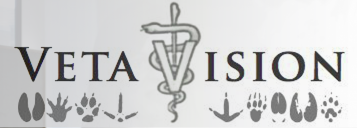
Les élèves sont cordialement invités à assister à l’événement Vetavision 2019 !
Vetavision 2019 est un événement de deux jours prévu les vendredi et samedi 27 et 28 septembre 2019 au Western College of Veterinary Medicine (WCVM), à Saskatoon.
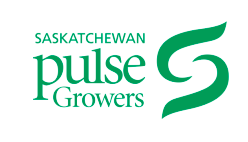
Saskatchewan Pulse Growers (SPG) invite tous les élèves terminant leur 12e année cette année désirant aller dans le domaine de l'industrie agricole à demander l'une des cinq bourses de 5000$ offertes en 2019.
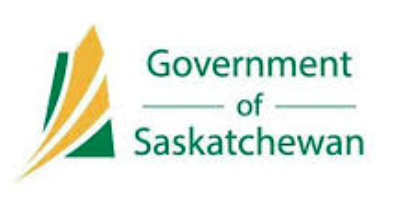
Les parents et les élèves fransaskois seront bientôt conviés à deux séances d'engagement en vue d'élaborer le Plan d’éducation de la province pour les dix prochaines années. Ces séances se dérouleront le 30 avril 2019 à Saskatoon pour les communautés scolaires du nord de la province et le 6 mai 2019 à Regina pour les communautés du sud.
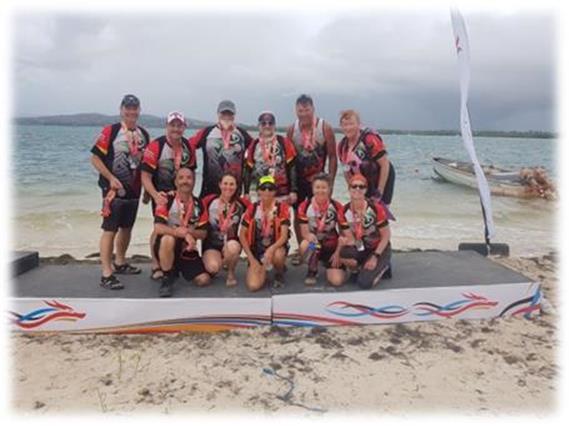
Linda Leclerc, Directrice adjointe de l’éducation à distance et conseillère pédagogique, fait partie de l'équipe canadienne de bateau-dragon. Elle nous raconte son expérience.
Faits saillants de la réunion de la séance régulière du Conseil scolaire fransaskois qui s'est tenue à Régina le 29 mars 2019.
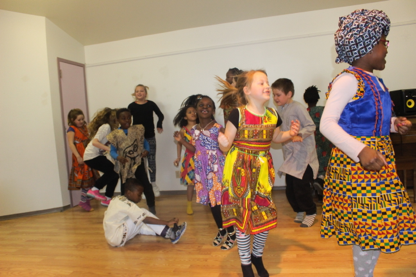
Une journée spéciale était organisée par l'école Boréale dans le cadre de la Journée internationale des femmes et de la Fête des Noirs de Ponteix !

Lauren Aussant s'est vue octroyer le 15 février dernier une bourse de 30 000$ de la part de l'Université de la Saskatchewan et vise l'Edwards School of Business!

Cet hiver, le CÉF a participé aux foires de l’éducation à quelques universités canadiennes, dans le but de recruter une vingtaine d’enseignants pour nos 15 écoles francophones.

C'est avec une grande joie que nous avons constaté la présence du député libéral dans différents organismes francophones, le 4 mars dernier.
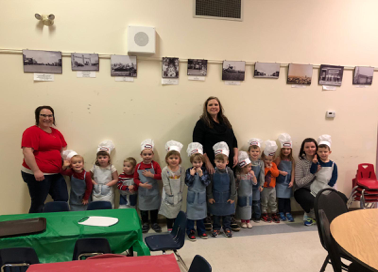
Le vendredi 25 janvier 2019, les élèves de la pré-maternelle en 2e année ont préparé sous la responsabilité de leurs enseignantes et avec l’appui de certains parents d’élèves une salade de fruits pour toute l’école.

Plus de 120 élèves de trois écoles du Conseil des Écoles Fransaskoise (CÉF) ont participé à une journée de jeux de soccer organisée par la Société Canadienne Française de Prince Albert.
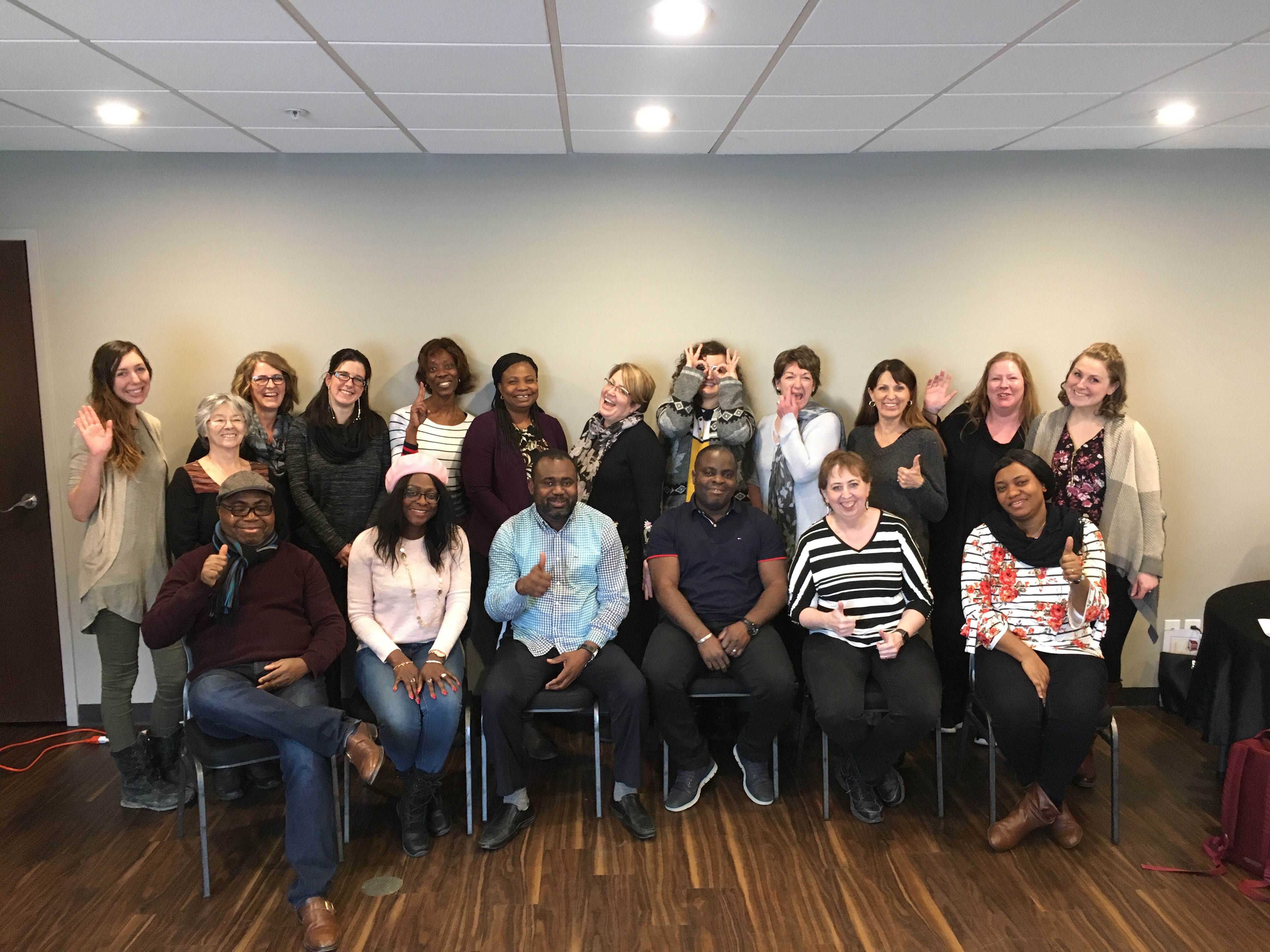
Les enseignantes et enseignants de maternelle du CÉF se sont rencontrés les 24 et 25 janvier dernier à Saskatoon afin de débuter le travail en Communautés d'apprentissages professionnelles (CAP).
Les enseignantes ont pu travailler ensemble, en sous-groupe afin de réfléchir et de créer une première séquence qui sera mise en oeuvre auprès de chacun et chacune des élèves de maternelle, dès l'automne 2019.
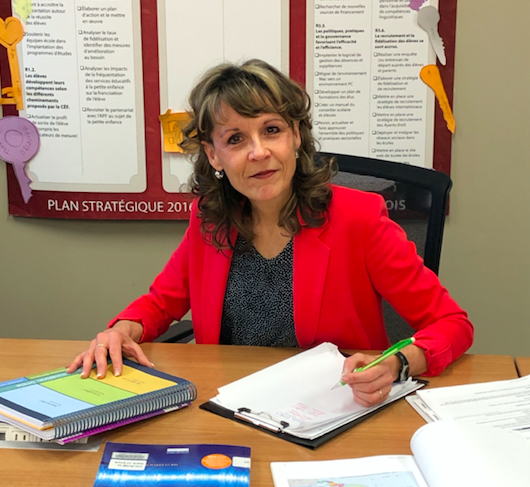
Félicitations à Rosalie Lizée qui vient d'être nommée pour évaluer des ressources pédagogiques pour le projet « Explorons les divers chemins vers l'apprentissage ».
Faits saillants de la réunion de la séance régulière du Conseil scolaire fransaskois qui s'est tenue à Saskatoon le 28 janvier 2019.
Faits saillants de la réunion de la séance d’organisation et de la séance régulière du Conseil scolaire fransaskois tenue à Regina le 23 novembre 2018.

Article rédigé par Maëlle Magnan, une élève du PSQV de l'école Monseigneur de Laval, au sujet de son expérience de participante à un séminaire national de débat à Québec récemment. L'an dernier, elle a remporté les prix de la meilleure oratrice ainsi que le concours de débat organisé par l'Association des juristes d'expression française de la Saskatchewan avec Petra Ottenbreit-Born pour la catégorie 7 à 9. Suite à ses solides performances, elle a été invitée à participer au Séminaire national de débat comme membre de la délégation de la Saskatchewan.
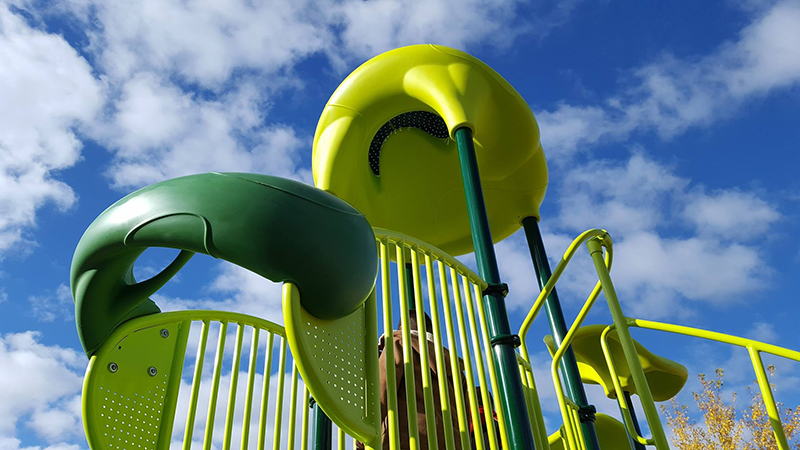
Belle participation des élèves de l'école Ducharme aux journées du patrimoine
Malgré le temps venteux et plus frais en matinée, les élèves et les accompagnateurs ont bien profité de l'activité à Moose Jaw. Ils ont bien apprécié leur participation aux Journées du patrimoine organisées par la Société historique de la Saskatchewan avec ses partenaires. Bravo!
Inauguration de la nouvelle structure de jeu à l'école du Parc de Regina
Journée de bonheur pour les élèves de l'école du Parc qui depuis la semaine dernière, peuvent profiter de la nouvelle structure de jeu lors des récréations. Au lendemain de la fin des travaux d'aménagement, les élèves de 1re année ont eu l'occasion d'inaugurer les nouvelles installations, pour le plus grand plaisir des journalistes et des enseignants chargés de la surveillance. Les élèves profiteront surement de la nouvelle structure encore quelques semaines avant l'hiver.
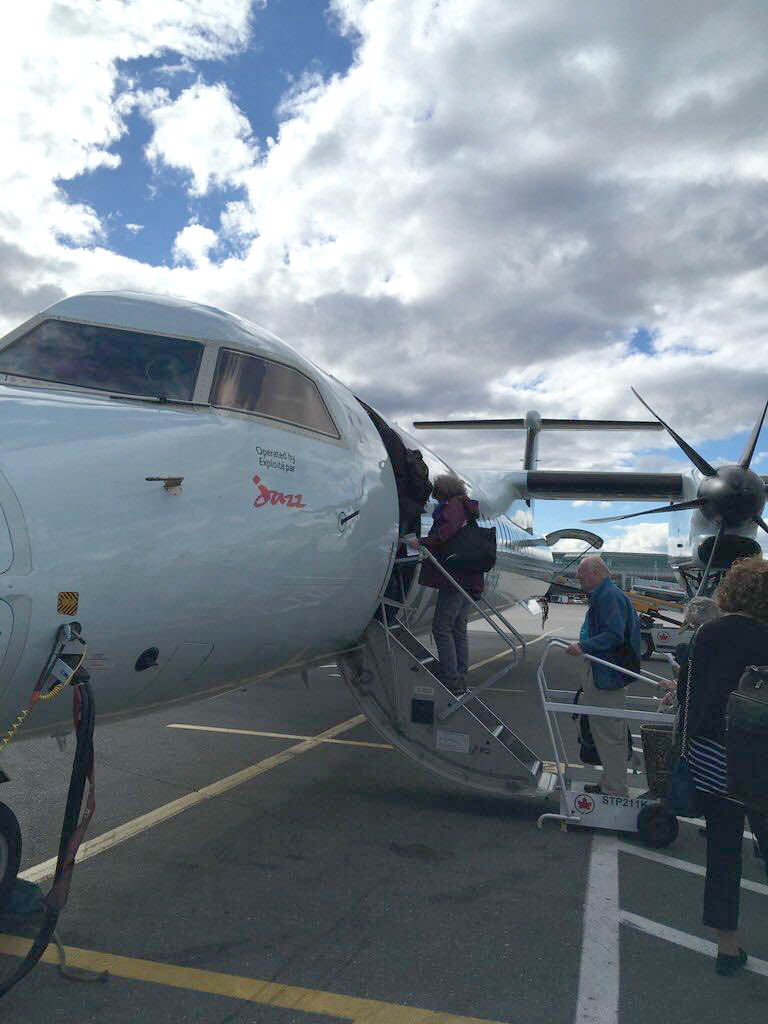
Le CÉF était bien représenté au congrès de l'Association canadienne d'éducation de langue française qui a eu lieu à Moncton au Nouveau-Brunswick du 27 au 29 septembre. Trois élèves du CÉF ont eu l'occasion de participer a la délégation Leadership jeunesse du congrès: Shae Lynn Gareau et Catherine Vachon de l'école St-Isidore, et Chloé Forest de l'école Mathieu de Gravelbourg. Ce volet leur a permis de collaborer avec 50 jeunes des écoles secondaires de langue française de partout au pays. À titre de congressistes-ressources, ils ont apporté leur vision des thématiques abordées au congrès. Une belle aventure pour tous!

Les élèves du Pavillon élémentaire de l'école Monseigneur de Laval ont participé à une cérémonie émouvante cet après-midi en commémoration de la Journée du chandail orange. Une cérémonie animée par les élèves, les enseignants, et guidée par une Ainée: Mme Brenda Gordon. Merci et bravo aux organisateurs!
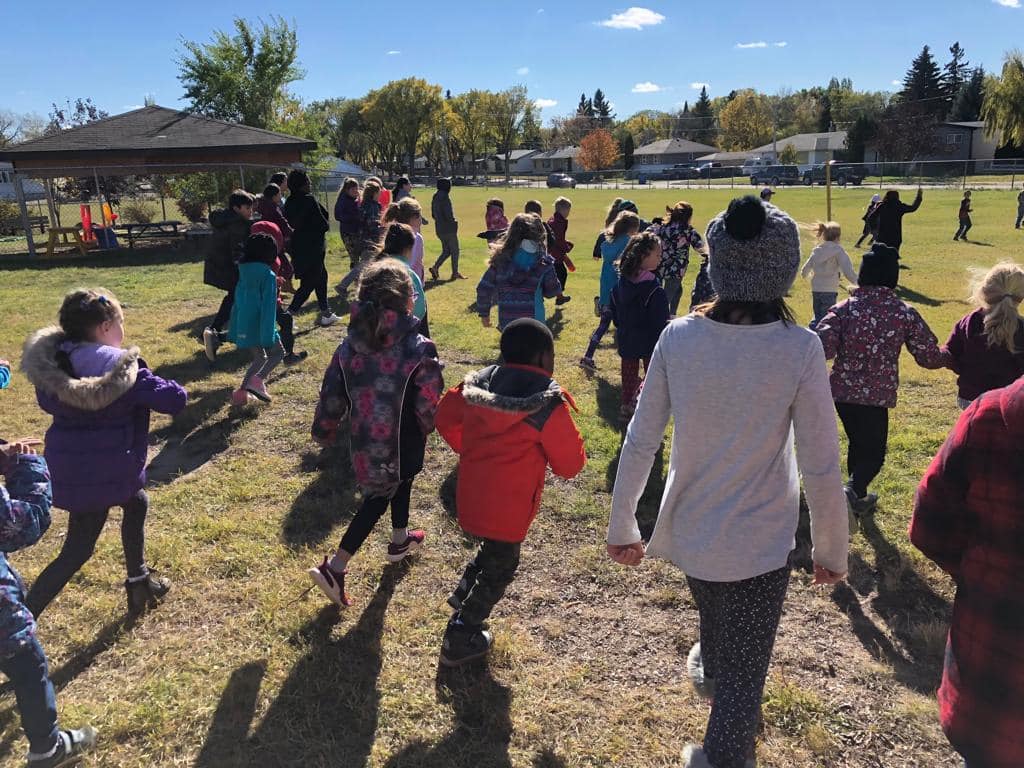
Journée Terry Fox à Ponteix
Le vendredi 28 septembre 2018, Ponteix Public School et l'école Boréale ont vécu de merveilleux moments lors de la marche Terry Fox pour la campagne de financement.
La marche Terry Fox a été organisée entre les deux écoles de Ponteix pour démontrer le partenariat qui existe entre les éleves et les membres du personnel des écoles.
Vers 12h45, les élèves et les membres du personnel de l`école Boréale ont entrepris d'aller joindre l'équipe, les élèves et les membres du personnel de Ponteix Public School.